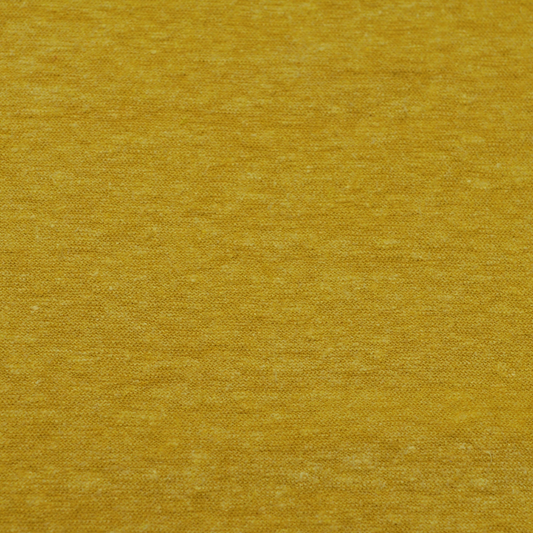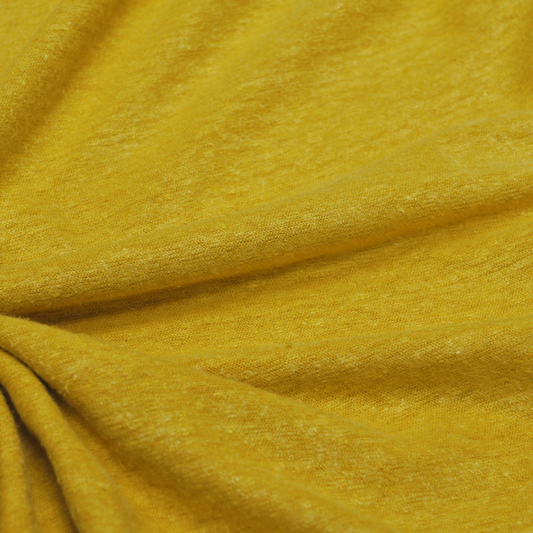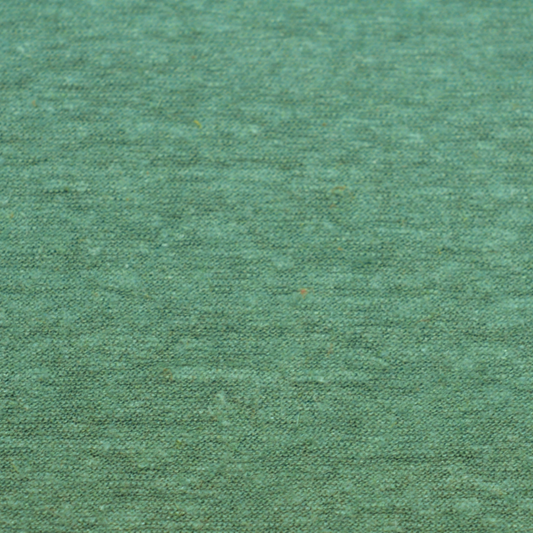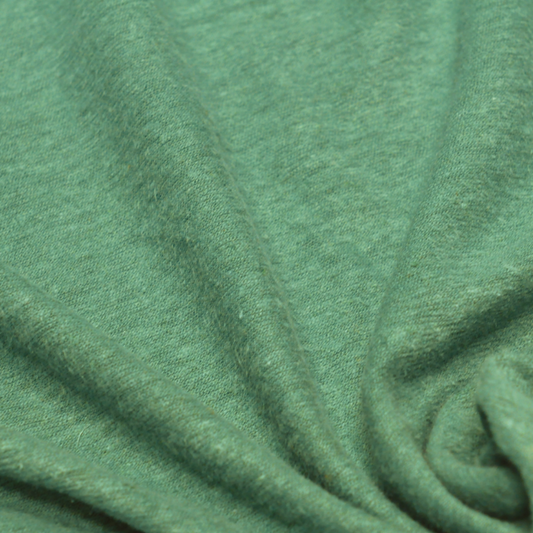Our Sustainability Commitment
Manifutura is committed to practicing sustainability in all areas of all operations. This includes efforts to reduce our carbon footprint, conserve natural resources, and improve social and economic conditions in our local communities. We have implemented a comprehensive sustainability plan that includes a variety of initiatives, such as investing in renewable energy, reducing waste through efficient production processes, and supporting local communities through education and job training programs.We strives to maintain transparency and accountability in our sustainability efforts, regularly challenging ourselves to lessen our carbon footprints by tracking and reporting on their progress towards reaching our annual sustainability goals. We implement both carbon offsetting and carbon insetting strategies to minimize our greenhouse gas emissions.
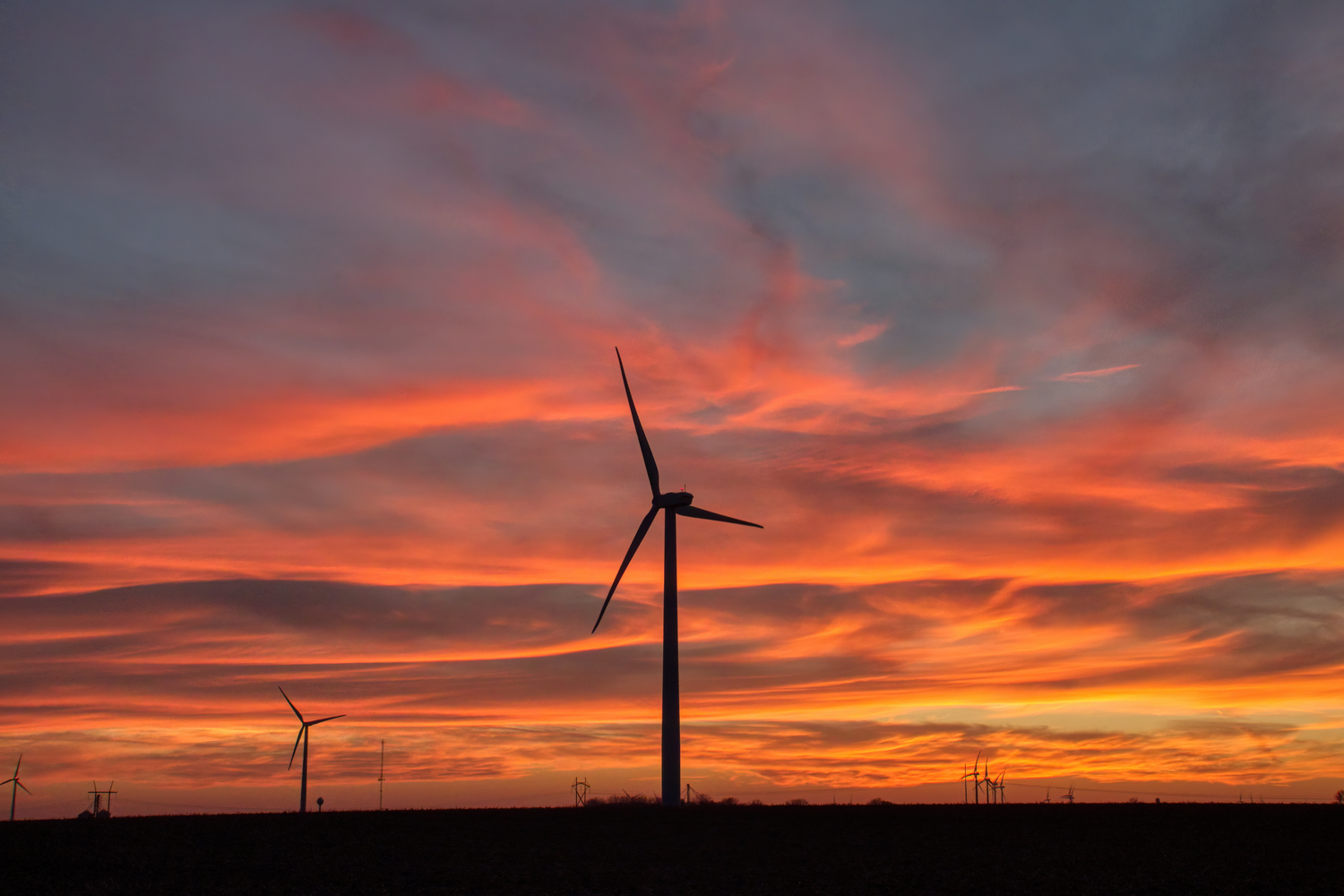
Renewable Energy
In 2012, we installed solar panels on the roof to benefit from Izmir's sunny skies. We make sure that at least 40% of Manifutura's energy comes from solar panels. The amount of sunshine in Izmir, the city where our production takes place, is abundant, especially in the summer when the sky is practically always clear, averaging 12.94 hours of sunshine a day. While in winter, sunny periods alternate with periods of heavy rain or with cloudy skies, averaging 6.06 hours of sunshine per day. We have chosen to invest in solar panels built on top of the headquarters to supply our production and offices directly. The total rating for the panel on top of our headquarters is 60kW. With the amount of sunshine in Izmir, 206.7 MWh of energy is produced every year.
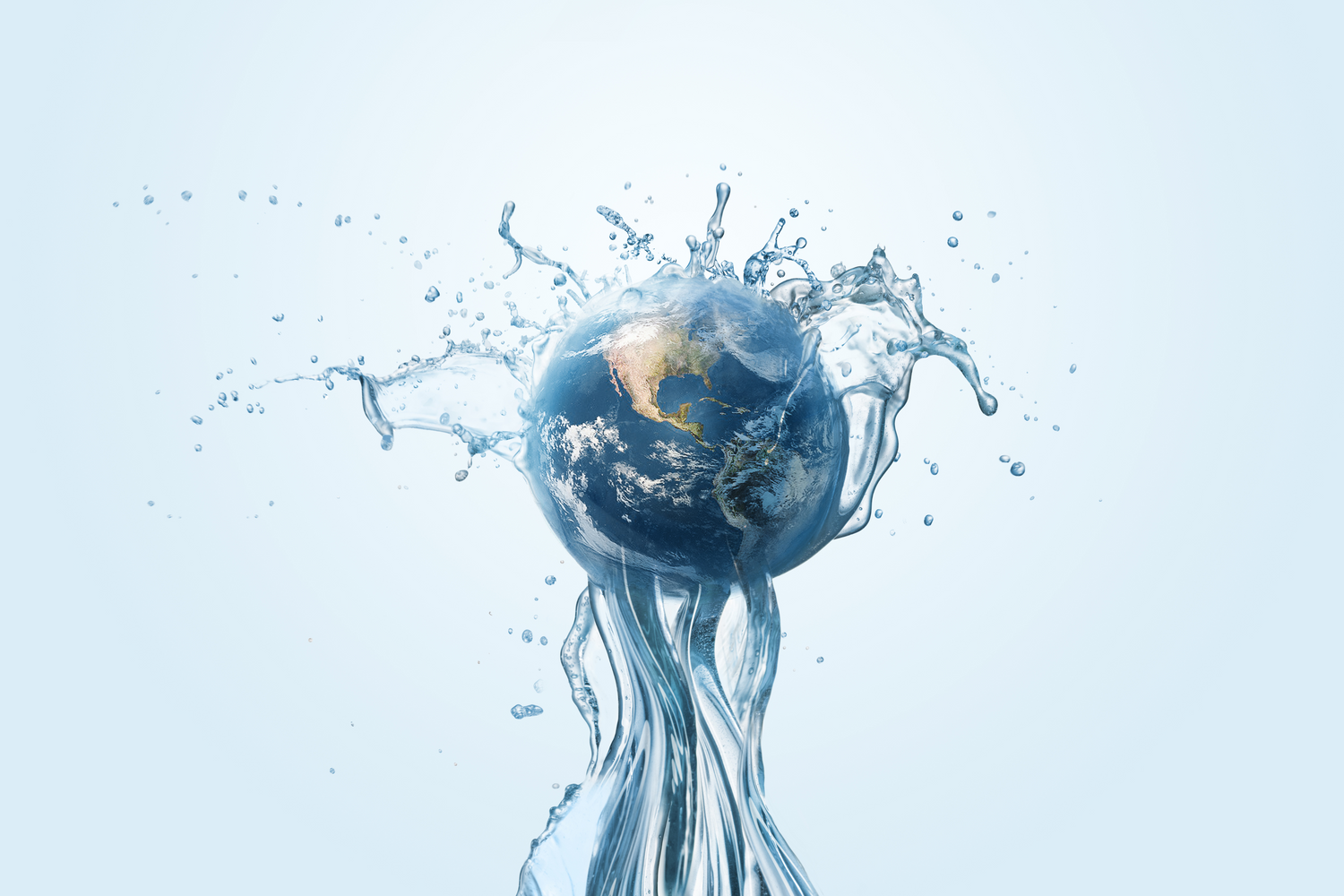
Conserving Water Resources
Stewardship involves responsible planning and management of resources. Although not all textile processes consume water, two processes that are particularly water-intensive are cotton irrigation and fabric dyeing. Our farms are located in the Aegean region of Türkiye, which is dominated by a Mediterranean climate. These farms acquire irrigation from a nearby dam and rich underground reservoirs. Unfortunately, due to climate change, there has recently been less rain and water shortages. In response, we are investing in drip irrigation systems under our guardianship.Industrial dyeing is also very water-intensive, and wastewater generated from conventional methods is disposed of based on the locally available treatment infrastructure.
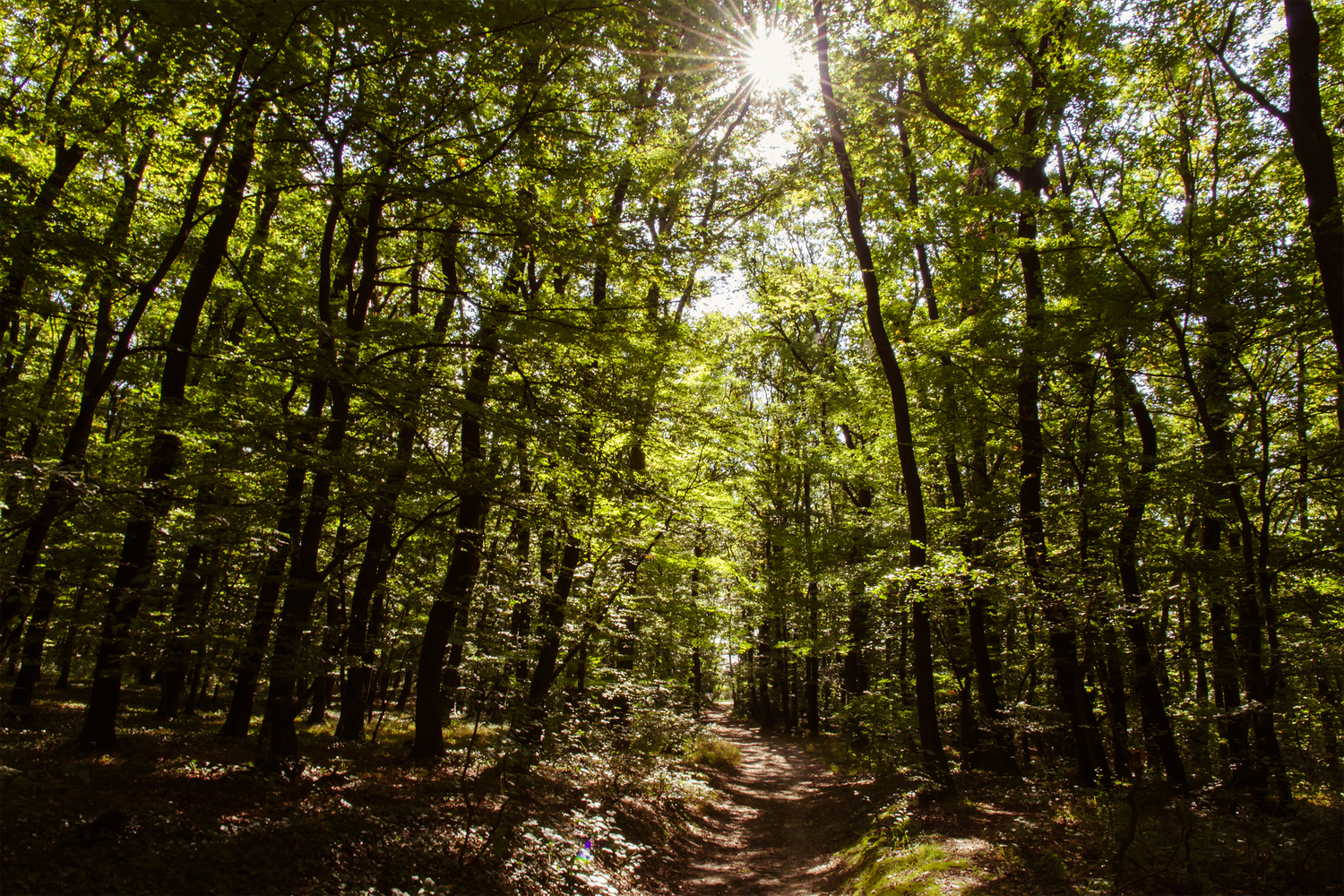
Carbon offsetting
Since 2009, we have actively measured and compensated for our carbon footprint due to greenhouse gas emissions from our activities. In partnership with Aegean Forest Foundation. We have taken the commendable initiative to plant a total of 12,000 saplings in various regions in Izmir, Türkiye.
Through these actions, we are not only showcases their commitment to sustainability but also aim to foster a culture of environmental consciousness. Furthermore, we believe in the importance of using the most sustainable and eco-friendly forest products available in our fabric production. To that end, we use Tencel™ branded fibers for our man-made cellulose fabrics, which exemplify our commitment to sustainability and preserving our planet for future generations.
Our Impact
-
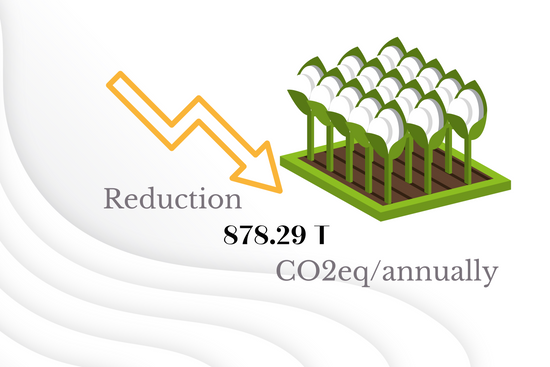
Organic Farming
Organic farming, especially the cultivation of Aegean Cotton in the Izmir region, has deep roots in our history. We're driven by our commitment to the environment, the well-being of our farmers, and the health of our consumers. Through these sustainable agricultural practices, we've managed to decrease our carbon footprint by a commendable 878.29 tons of CO2eq annually.
-
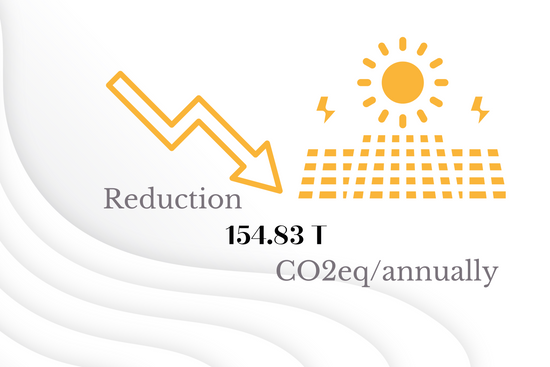
Solar Panels
Our commitment to sustainable energy solutions is evident in our strategic move towards solar power. We've managed to source 40% of our electricity needs from our solar panels. This shift has not only made our operations more environmentally friendly but has also led to a significant reduction in our carbon footprint by 154.83 tons of CO2eq annually.
-
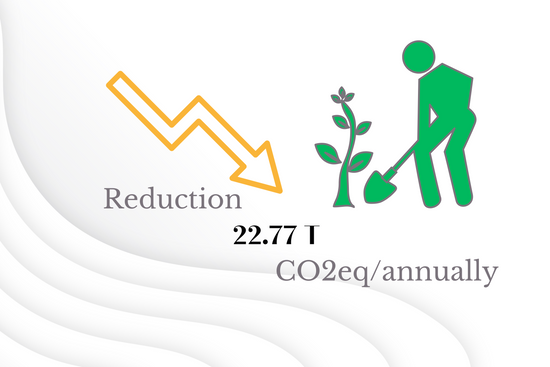
Planting Trees
Each year, we plant 1000 trees in areas that are strategically chosen based on various environmental criteria, including the region's climate, soil health, native vegetation, and the potential impact of human activities. This annual afforestation activity aids in the absorption of approximately 22.772 tons of CO2eq.
Carbon Insetting
While many focus solely on carbon offsetting, we've embraced a broader perspective by integrating carbon insetting into our sustainability practices.
Is it possible to capture more carbon than we release into the atmosphere? That's the challenge we've undertaken. In Izmir, our expansion of regenerative organic cotton and hemp farming stands testament to our commitment. These practices not only revitalize the soil but also aim to sequester more carbon than we emit, signaling our steadfast dedication to fostering soil health and confronting climate change at its roots.




